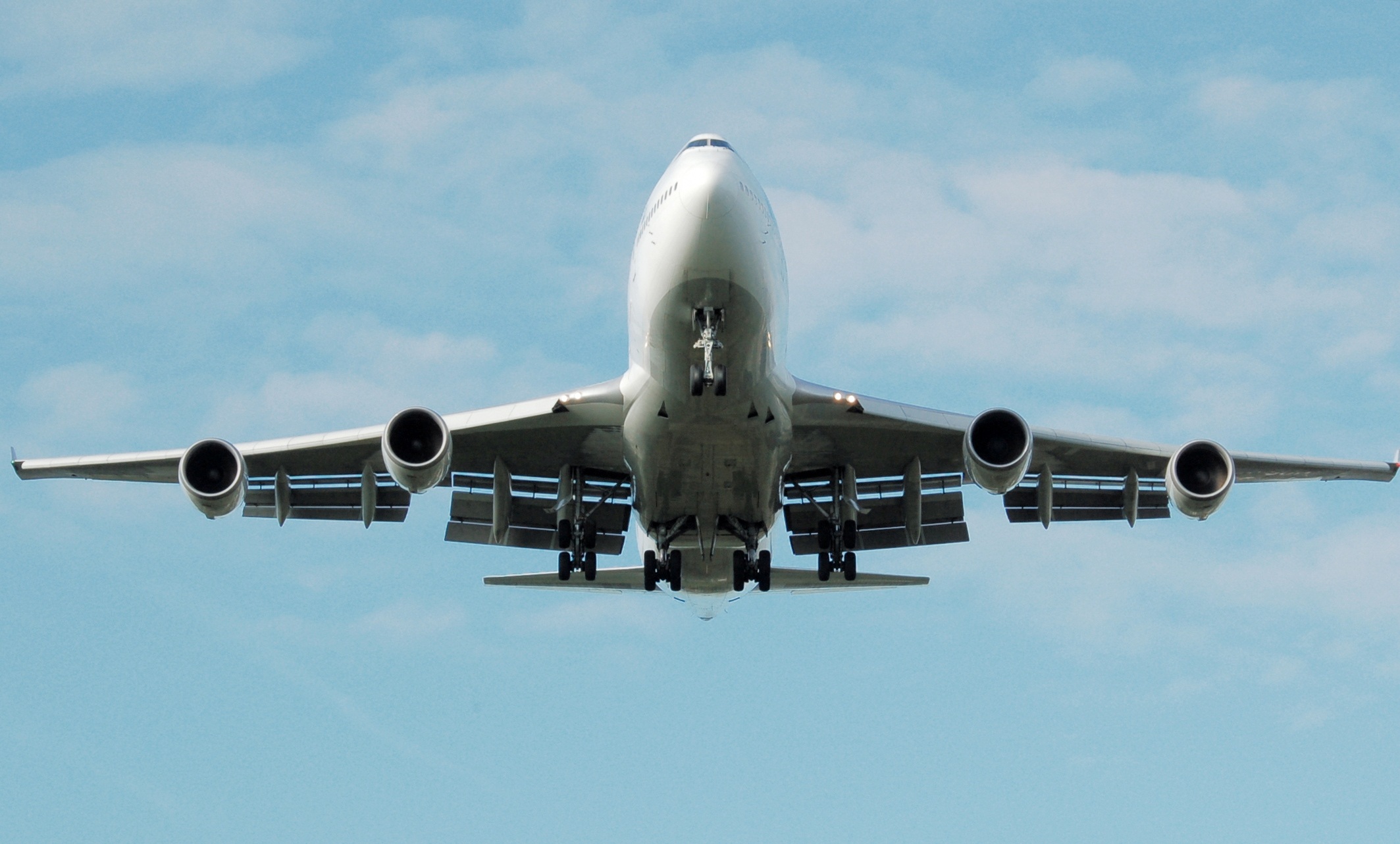
Voluntary, phased-in climate deal on the horizon for aviation
A deal to curb aviation’s climate emissions is shaping up be voluntary for the first six years, will be based on offsets, and will lack essential environmental safeguards. The details of the proposal for a market-based measure to limit aviation’s climate impact are already raising the ire of European lawmakers ahead of crunch talks at the UN aviation body ICAO at the end of this month, which aim to finalise the deal.
[mailchimp_signup][/mailchimp_signup]
The global system to tackle aircraft emissions would be fully up and running in 2027, the European Commission told members of the European Parliament’s environment committee last week. That would be six years later than the start date initially foreseen by the EU when it agreed to ‘stop on the clock’ on its own emissions trading system (ETS) for flights outside the EU.
Far from the comprehensive deal promised when talks began, the current draft omits important environmental safeguards that would ensure the measure delivers real emission reductions. For example, language which would ensure only quality offsets are permitted.
After 2027 only exempted countries – the so-called least developed countries – could continue to remain outside the scheme. The scheme would be reviewed in 2032 as would the whole performance of what ICAO calls a ‘basket of measures’. This includes an efficiency standard for aircraft, technological improvements, advances in air traffic management, and alternative fuels.
Europe, the US, Canada, Mexico, Indonesia and Singapore are said to be among those likely to volunteering for the first phase. It is much less clear whether China and big emitters from Latin America will join. Its absence would mean a big hole in the mechanisms coverage.
Andrew Murphy said: ‘With a low level of emissions covered, and without important environmental safeguards, the global market-based measure risks becoming a global let-down. Negotiators have only a few weeks left to turn this around and produce a credible deal.’
If a deal is reached by countries at ICAO, the European Parliament would be asked to decide on whether to continue the exemption from the ETS for flights outside the EU. Europe had initially intended to apply its aviation ETS to all flights landing or departing from EU territory but ‘stopped the clock’ on the scheme for international flights until the end of this year in order to give ICAO a chance to conclude an effective global deal.
But already MEPs are dismayed by what is on the table. ‘I’m worried to hear about a pilot phase,’ centre-right MEP Peter Liese warned last week. ‘What’s happening in ICAO is not ambitious at all.’
The Commission responded that while the EU wanted a mechanism to start as of 2021, it was facing opposition. ‘But in the international context, this is also a negotiation and there are other partners,’ the Commission official told MEPs. ‘And of course, we need to take that into account.’
ICAO has been working for more than a decade on aviation’s climate impact and it has set itself a final deadline of the end of 2016 for a deal. International aviation and shipping were not explicitly mentioned by the Paris agreement, leaving it unclear how their rapidly growing emissions were to be addressed. Aircraft are currently responsible for an estimated 5% of global warming. Without a change in the current projections, its emissions will increase by more than four times, to account for 22% of global emissions in 2050.
